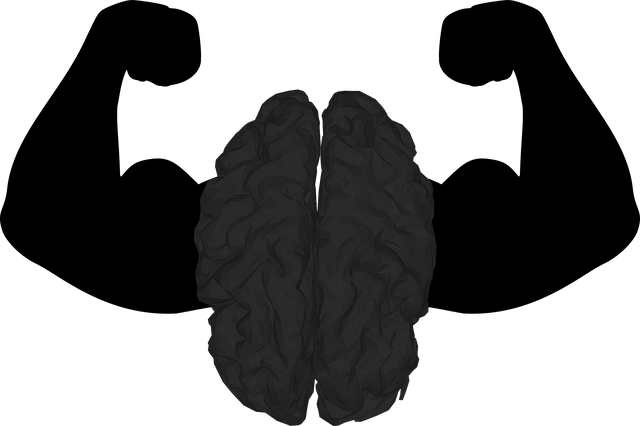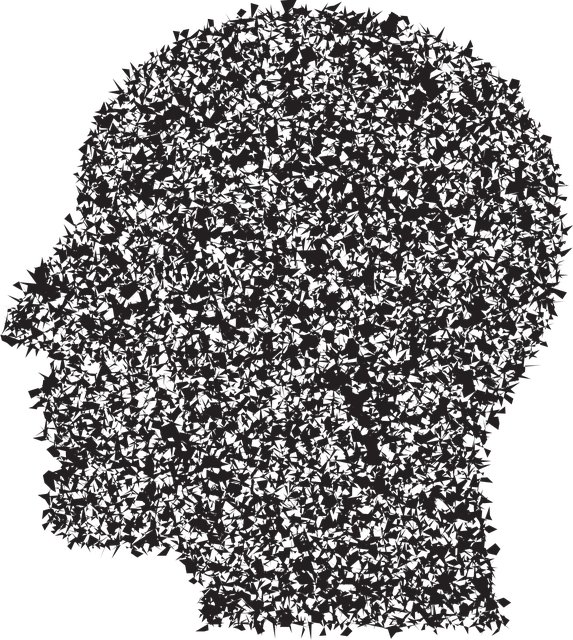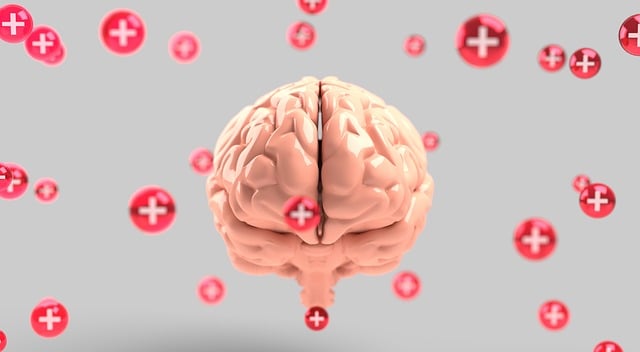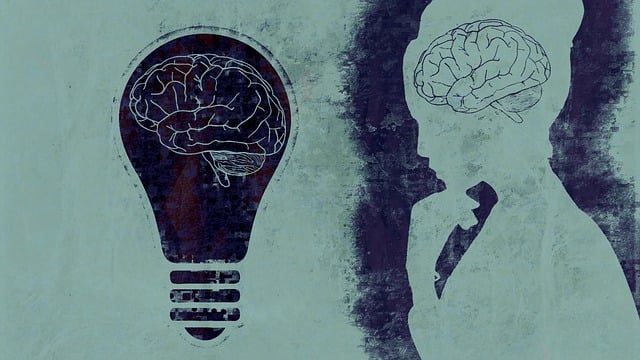Aurora Gender Identity Therapy promotes mental wellness through compassion cultivation, emotional intelligence enhancement, and self-compassion, emphasizing structured journaling as a powerful therapeutic tool. This approach encourages self-reflection, processing emotions, challenging societal norms, and documenting personal growth in a safe, non-judgmental space. By incorporating personalized sections, mood tracking, and regular review with coping strategies, mental wellness journals become valuable risk assessment tools, enhancing overall well-being through self-exploration and trauma recovery.
“Unwind your mind’s intricate tapestry with the powerful practice of mental wellness journaling. In today’s fast-paced world, prioritizing self-care is paramount, and this artful exercise offers a sanctuary for reflection and growth.
This comprehensive guide explores the intersection of mental health and expression through journaling. We delve into its therapeutic benefits, especially as promoted by Aurora Gender Identity Therapy, a pioneering approach that empowers individuals on their personal journeys. Discover how to harness the potential of journaling to enhance emotional well-being.”
- Understanding Mental Wellness and its Importance
- Journaling as a Therapeutic Tool: An Overview
- Aurora Gender Identity Therapy and Its Approach to Journaling
- Creating Your Journal: Essential Elements
- Effective Techniques for Journaling Exercises
Understanding Mental Wellness and its Importance

Understanding mental wellness is a pivotal step towards cultivating a healthier mind and overall well-being. It encompasses various emotional, psychological, and social aspects that affect our daily lives. Mental wellness involves managing stress, building resilience, fostering positive relationships, and nurturing self-care practices. Recognizing its significance is akin to lighting a beacon in the journey towards personal growth and happiness.
At Aurora Gender Identity Therapy, we believe that prioritizing mental health awareness is essential for navigating life’s challenges. By integrating compassion cultivation practices into daily routines, individuals can enhance their emotional intelligence, improve coping mechanisms, and foster a deeper sense of self-compassion. This holistic approach encourages self-reflection, encouraging individuals to listen to their minds and engage in activities that promote mental wellness.
Journaling as a Therapeutic Tool: An Overview

Journaling has emerged as a powerful therapeutic tool that offers individuals a safe and personal space to explore their thoughts, emotions, and experiences. This practice, often used in mental wellness contexts like Aurora Gender Identity Therapy, provides an avenue for self-reflection and self-discovery, which can be incredibly beneficial for improving mental health. By putting pen to paper, individuals can process complex feelings, gain clarity on their thoughts, and work through challenges in a way that structured therapy sessions might not always achieve.
Through regular journaling, one can develop a deeper understanding of themselves, cultivate empathy building strategies, and create a personal history of their mental wellness journey. This practice also facilitates the development of a consistent self-care routine, which is crucial for maintaining better mental health overall. The act of documenting one’s experiences can serve as a reminder of past triumphs and lessons learned, empowering individuals to navigate future challenges with resilience. Additionally, well-structured mental health education programs design journaling exercises into their curriculum to help participants develop essential coping mechanisms and enhance their emotional intelligence.
Aurora Gender Identity Therapy and Its Approach to Journaling

Aurora Gender Identity Therapy offers a unique perspective on mental wellness journaling as part of its comprehensive approach to supporting individuals navigating their gender identity. This therapy emphasizes that journaling can be a powerful tool for self-reflection and inner strength development. By encouraging clients to explore their thoughts, feelings, and experiences in writing, Aurora facilitates a deeper understanding of one’s journey, fostering resilience and empowerment.
Their method involves guiding individuals through structured journaling exercises tailored to their specific needs. These practices promote self-care, allowing people to process complex emotions, challenge gender stereotypes, and document personal growth. Moreover, Aurora recognizes the importance of creating a safe and non-judgmental space for expression, ensuring that journaling remains a beneficial and accessible Self-Care Practice for all clients, even when discussing potentially sensitive topics. This approach not only enhances mental wellness but also serves as a valuable risk assessment tool for mental health professionals.
Creating Your Journal: Essential Elements

When creating your mental wellness journal, consider incorporating several essential elements that support its effectiveness as a therapeutic tool. Firstly, ensure it provides ample space for introspection and self-expression through free-form writing. This could include prompts or guided exercises tailored to personal growth, such as exploring emotions, reflecting on experiences, or setting achievable goals. The journal should feel safe and private, allowing you to openly discuss challenges and celebrate victories without judgment.
At Aurora Gender Identity Therapy, we advocate for a personalized approach. Incorporate elements that resonate with your unique needs, whether it’s dedicated sections for tracking mood patterns, mindfulness practices, or creative outlets like drawings or collages. Similar to the principles of Risk Management Planning for Mental Health Professionals and Mental Health Policy Analysis and Advocacy, prioritize self-care and risk assessment by regularly reviewing and updating your journal entries, identifying potential triggers, and implementing coping strategies.
Effective Techniques for Journaling Exercises

Journaling is a powerful tool for self-exploration and can be highly effective for mental wellness practices, as supported by Aurora Gender Identity Therapy. Starting with clear intentions sets the tone for your journaling session. Begin by setting specific goals—are you looking to process emotions, track progress over time, or simply reflect on your day? This focus will help guide your writing.
Effective techniques include incorporating sensory details and using prompts that resonate with your personal journey. For instance, if you’ve experienced trauma, consider using prompts like “Describe a safe place” or “What are some self-care practices that bring comfort?” The Trauma Support Services offered by organizations can also provide valuable insights into specific journaling methods for stress management and emotional healing. These exercises allow you to confront and process past experiences while cultivating a deeper understanding of your present emotions and behaviors, ultimately enhancing your overall well-being.
Mental wellness journaling, as facilitated by approaches like Aurora Gender Identity Therapy, offers a powerful tool for self-discovery and healing. By integrating essential elements and effective techniques, individuals can harness the therapeutic benefits of writing to navigate their mental health journeys. Journaling allows for introspection, expression, and growth, making it a valuable addition to holistic wellness practices. Embrace this practice to cultivate resilience, enhance self-awareness, and foster positive mental health outcomes.














